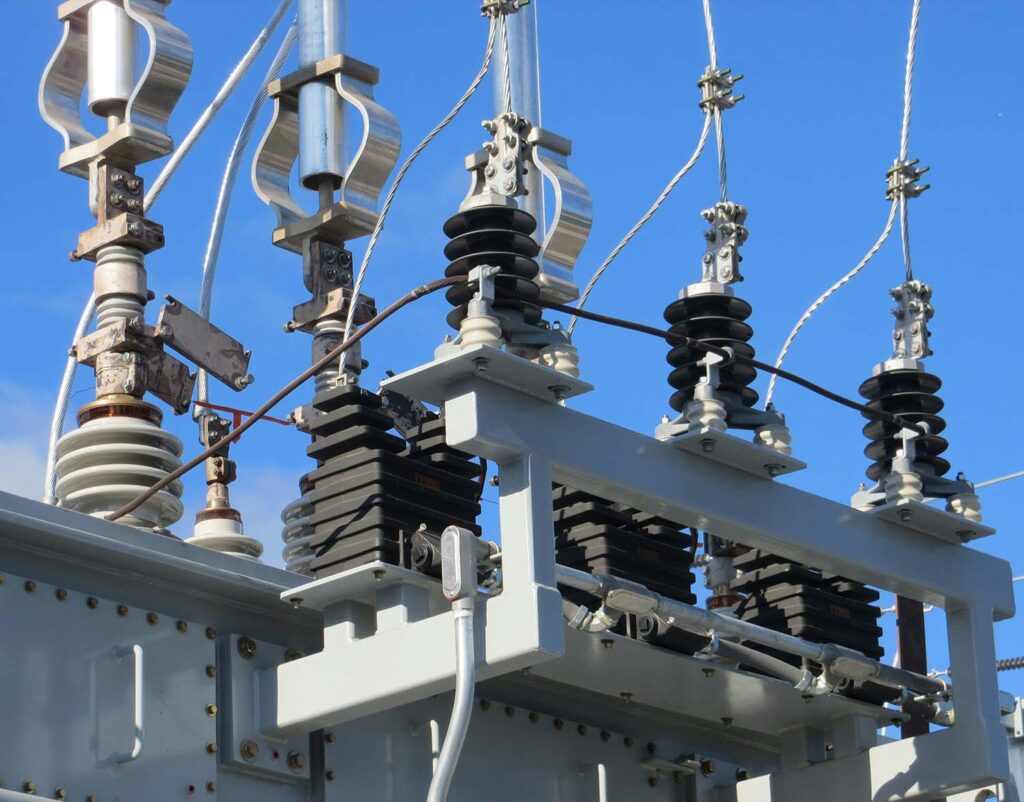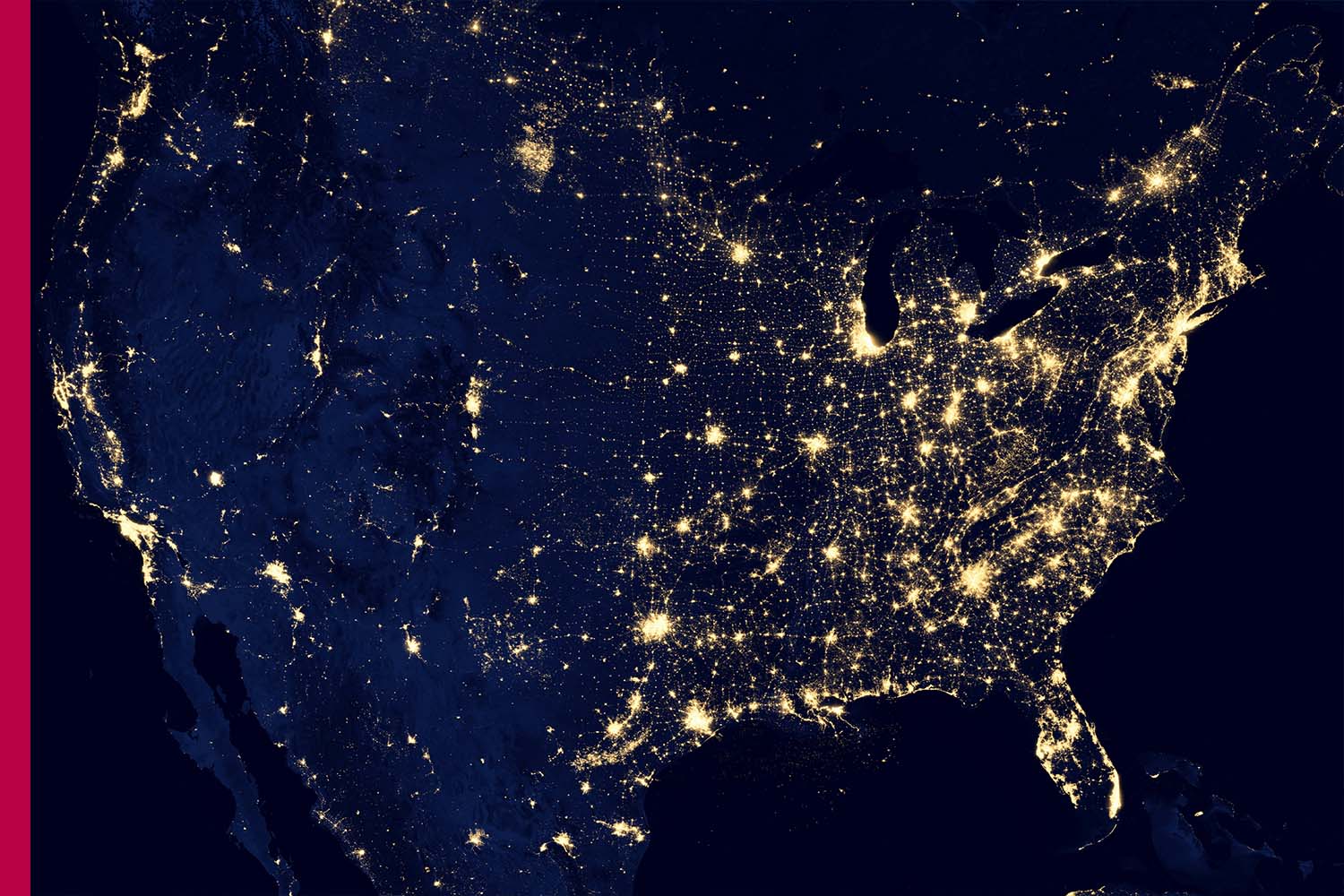Energy consumption plays a vital role in shaping the progress of modern civilization. From powering industries and transportation systems to lighting homes and fueling digital technology, energy is the lifeblood of human development. However, as the global population continues to grow and urbanization expands, energy consumption has reached unprecedented levels. Understanding how energy is consumed, its impacts, and how it can be managed efficiently is crucial for a sustainable future.
Energy consumption refers to the amount of energy used by individuals, organizations, and industries to perform various activities. It includes electricity, fossil fuels like coal and petroleum, and renewable sources such as solar, wind, and hydropower. Over the years, industrialization and technological advancements have drastically increased global energy demand. Countries with rapidly developing economies, like India and China, have seen exponential rises in their energy consumption due to infrastructure growth, transportation needs, and urban lifestyles.

While energy consumption drives economic development and improves living standards, it also poses serious environmental challenges. The burning of fossil fuels for electricity and transport releases large amounts of carbon dioxide and other greenhouse gases into the atmosphere, contributing to global warming and climate change. Excessive energy consumption leads to resource depletion, air and water pollution, and ecosystem damage. Moreover, the growing demand for energy puts immense pressure on existing power grids, leading to energy shortages and price fluctuations in many regions.
Understanding the patterns of energy consumption helps identify areas where energy efficiency can be improved. For instance, residential sectors consume energy for lighting, cooking, and heating, while industries use massive amounts for production and machinery. The transportation sector, dominated by vehicles using petrol and diesel, accounts for a significant share of global energy use. By analyzing these patterns, governments and businesses can develop better strategies for energy management and sustainability.
The shift toward renewable energy sources has been one of the most promising responses to rising energy consumption. Solar panels, wind turbines, and hydroelectric dams provide cleaner and more sustainable energy alternatives. Unlike fossil fuels, these sources do not emit harmful gases and are virtually inexhaustible. Many countries are now investing heavily in renewable energy projects to reduce their dependence on non-renewable resources and achieve net-zero emission targets.
At the individual level, conscious choices can help manage energy consumption more effectively. Simple actions like switching off appliances when not in use, using energy-efficient LED lights, and opting for public transport can reduce energy waste. Businesses can adopt green technologies, improve production efficiency, and encourage sustainable practices among employees.
In conclusion, energy consumption is an unavoidable aspect of modern life, but how we manage it determines the future of our planet. Balancing energy demand with sustainability is essential to protect natural resources and mitigate the effects of climate change. By adopting smarter technologies, promoting renewable energy, and encouraging responsible behavior, we can ensure that energy continues to power progress without harming the environment. Responsible energy consumption today is the key to a cleaner, greener, and more sustainable tomorrow.












